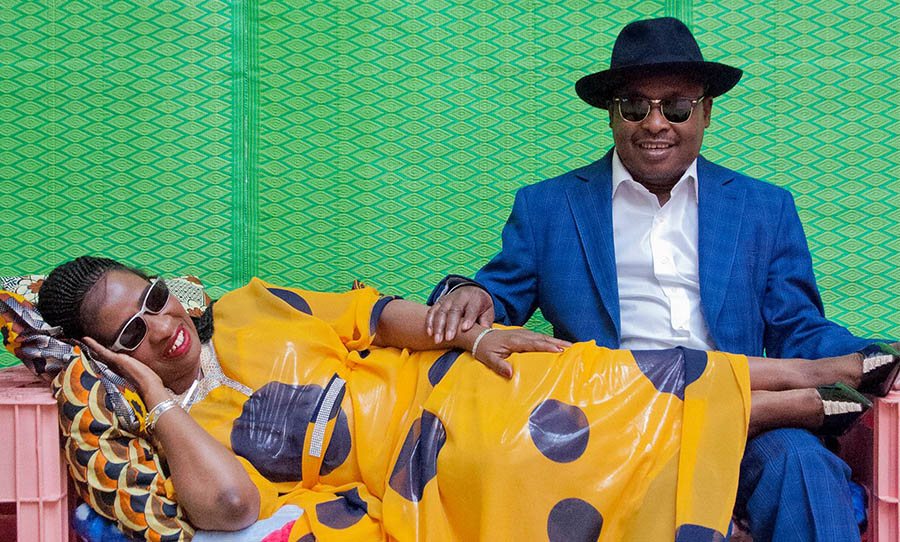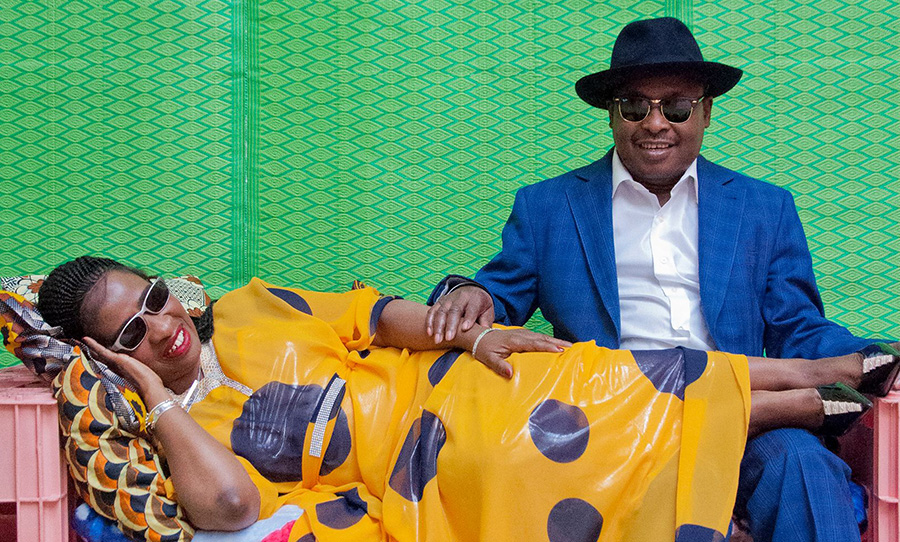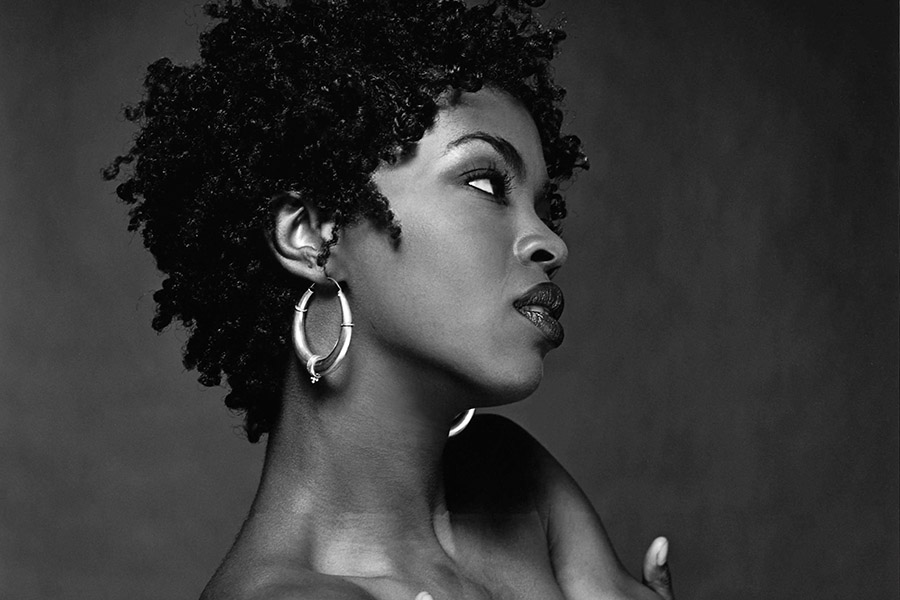A common experience when listening to dance music is the curious and exciting feeling that’s evoked when a song features a funky little sample from a distant, exotic world.
Prominent European producers like Jamie XX and Four Tet, who are known for their masterful sampling and reworks of infectiously rhythmic world music, share a great deal in common when it comes to how and where their worldly influences originate. The source of inspiration for countless producers of nu-wave inter-genric afro-electronica can be traced primarily back to one prominent West African source. Here’s how the ethereal world music of Malian-born duo Amadou & Mariam changed the face of contemporary world electronica.
For Amadou & Mariam, the role that music plays in facilitating deeply personal social connections runs deep throughout the roots of Malian culture.
Listen to enough of the prominent Malian blues greats like Ali Farka Toure and Moussa Diakite (who now resides in Western Sydney), and you’ll gain an immediate appreciation for the way that a hollow-bodied electric guitar is considered just as fundamental in communicating a feeling or concept as the language itself. The ’60s Chuck Berry-Esque tone of an old Gretsch hollow-body remains a firm undercurrent in the dynamic musical narratives which Amadou & Mariam create; it’s as if Amoudou’s careful and precise string plucking breathes life into the instrument, allowing it to whisper its own African incantations from a guitar that is not really hollow-bodied at all, but instead, brimming with a unique heart and soul of its own.
Whether you are a longterm fan of world music or even someone who feels special pangs of worldly exotica when hearing a punctual sample of some African percussion or vocals in more recent dance music, you simply must experience the ability that the music of Amadou & Mariam has to transport you to an entirely different world. Despite their music being sung mostly in the Malian language and following all sorts of unpredictable time signatures, it’s no myth that Amadou & Mariam have the rare and magical ability to transcend lingual and cultural barriers in order to touch and inspire audiences and artists from countries far from their own.
In the dreamy, mystical guitar sections which usually tell their own story, it’s clear to hear the influences of the sublime, ethereal landscapes from which Amadou & Mariam’s distinctive Malian sound has been formed. Sharing parts of the Saharan desert in Mali’s north, it’s all too easy to imagine the shifting sands of endless curving dunes from the sounds of Central and West-African artists like Tiniwaren or Bombino. Amadou & Mariam pay their respects to the enormity of such desolating natural landscapes, with polyrhythmic guitar sounds that dance excitedly on a sand dune’s sun-baked crest, while the vocals seem to construct a deeply personal appreciation for the scale of the diverse African landscape. The music of Amadou & Mariam is the ultimate form of nature worship, channeling the scale of an otherworldly place impossible to imagine, to enchant listeners in both uplifting and humbling ways.
Whether they are playing the more stripped back ballads from any of their earlier volumes of music, or rolling off sensationally energetic Parisian-influenced dance numbers from their more recent collaborations with Santigold, Miike Snow or The Yeah Yeah Yeahs, it is likely you’ll leave their show with a heart more full, an imagination running far off in distant, heavenly lands, and your soul feeling a great deal more relieved and fulfilled because of it.
Catch Amadou & Mariam in Australia next April at the following dates:
April 12 – The Factory Theatre, Sydney
April 14 – Recital Centre, Melbourne
+ Also performing at Bluesfest Byron Bay 2020.
Grab more info here.




